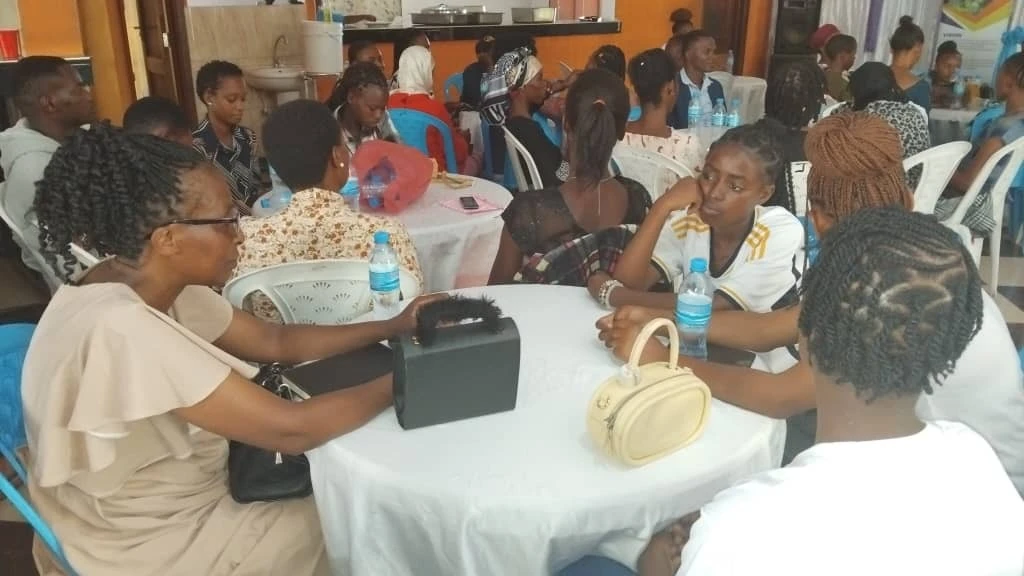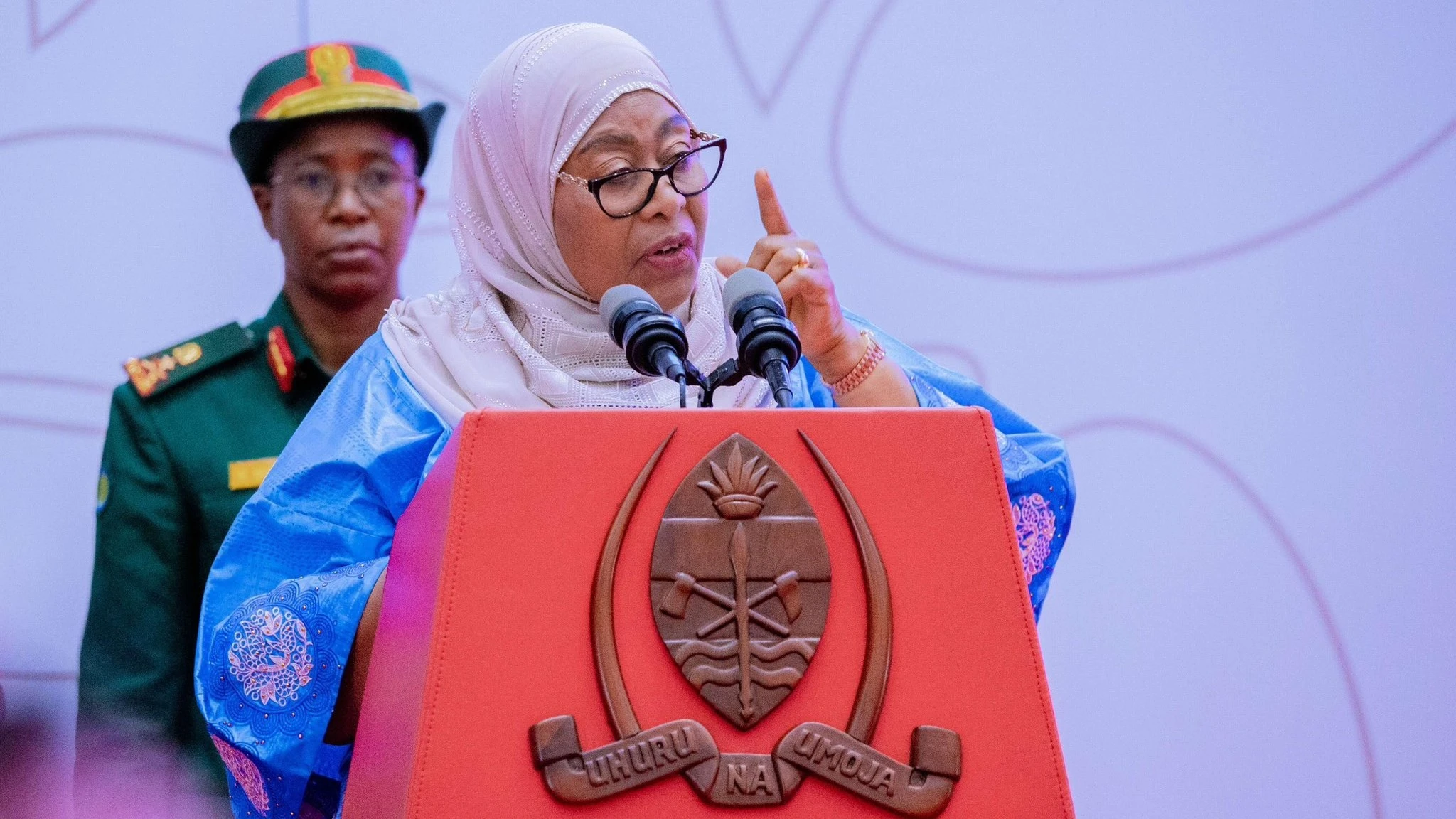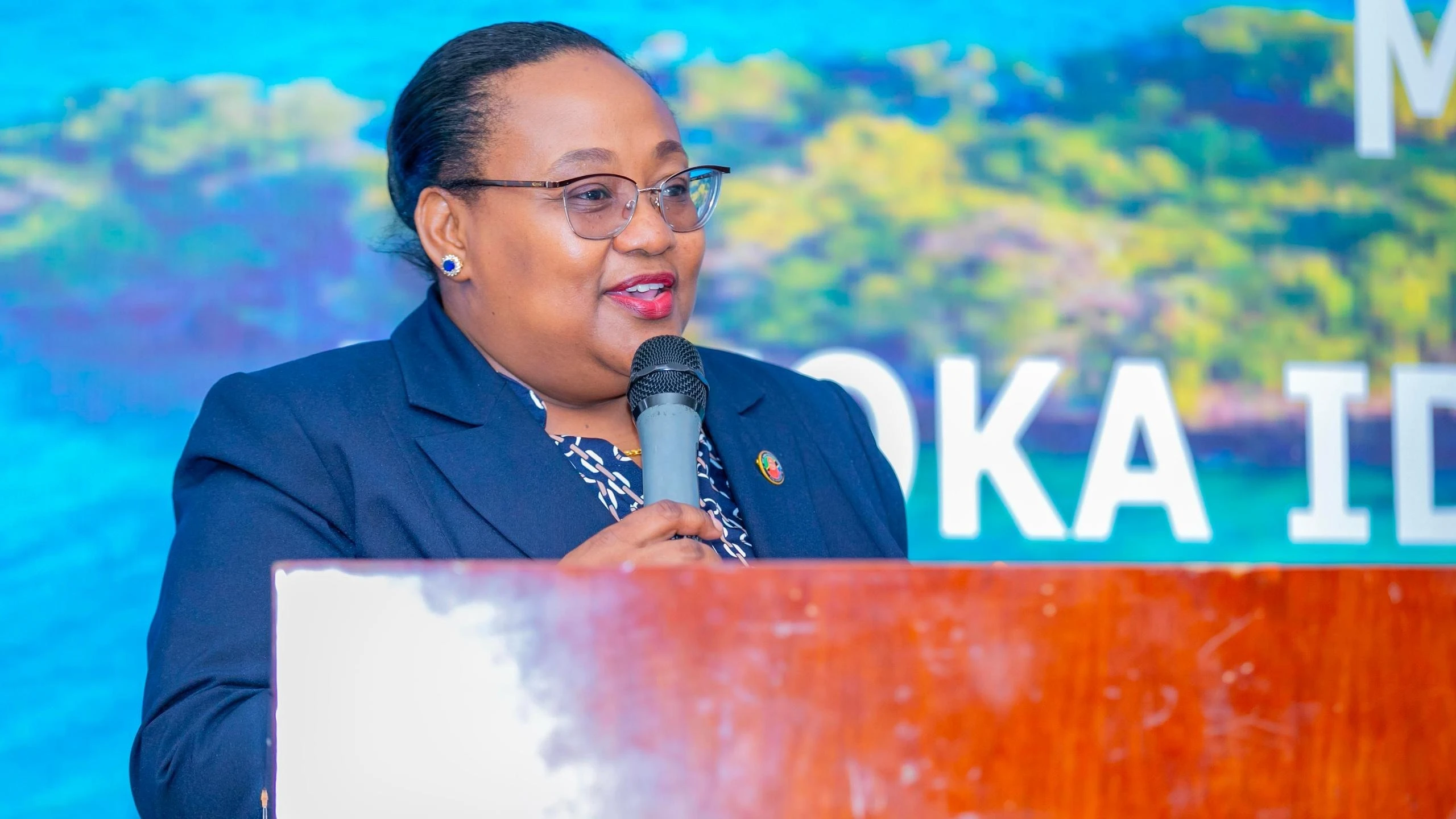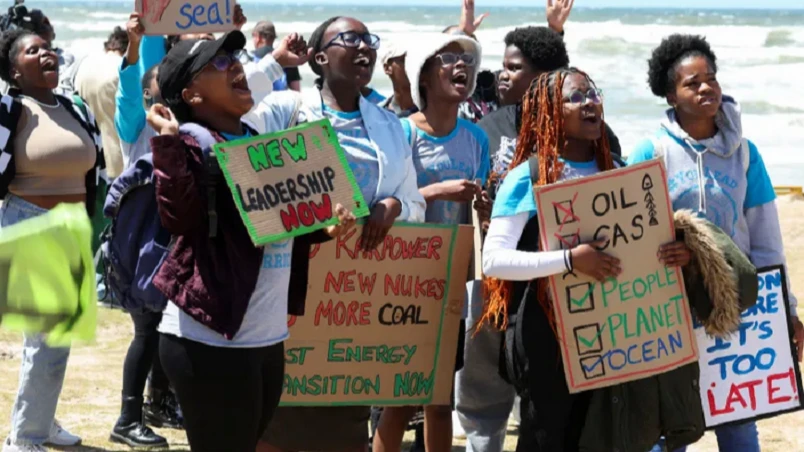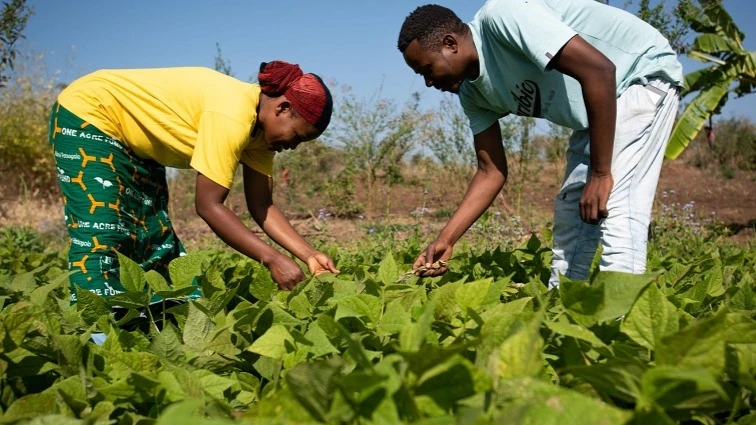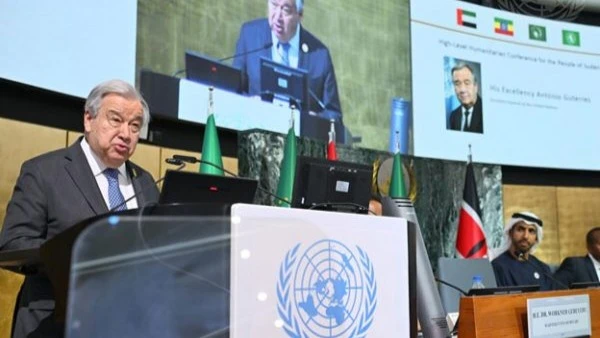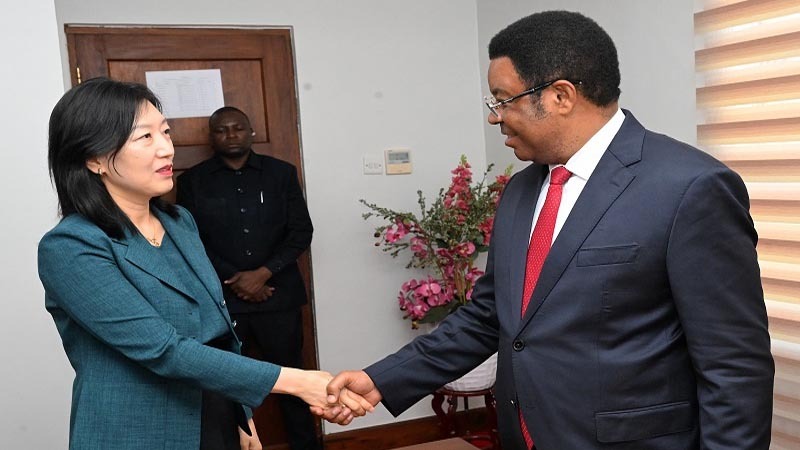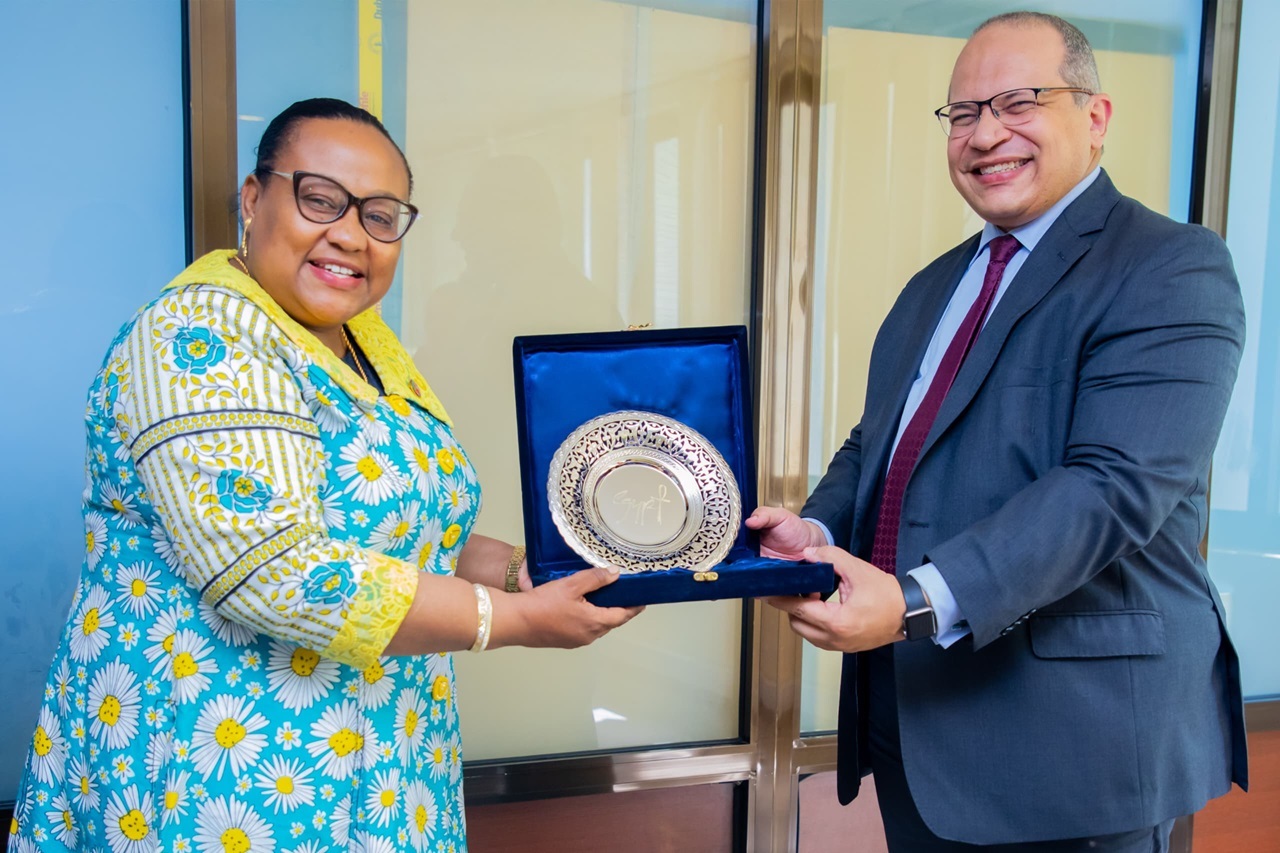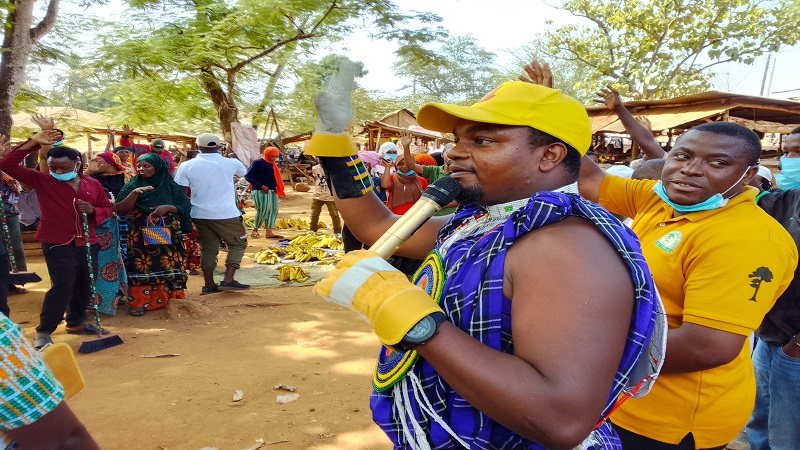Child protection: Public encouraged to report acts of violence by calling emergency services
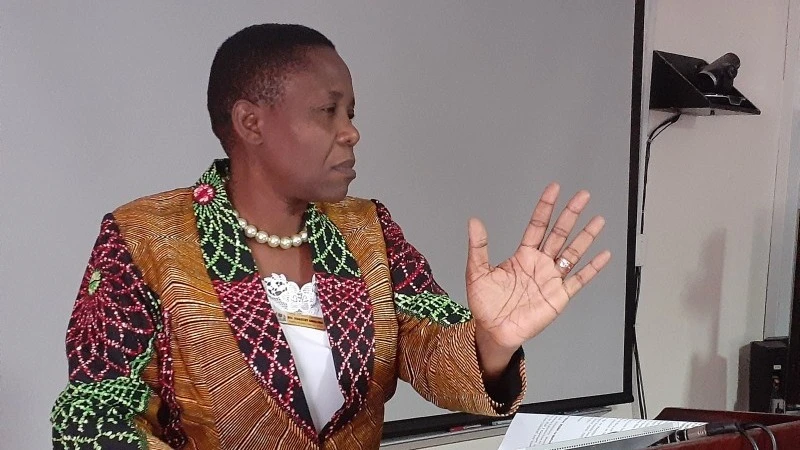
ONE of the major reasons that contributes to continued acts of violence against children—particularly those of a young age, is lack of awareness among parents, guardians and communities about where to seek immediate help to report such incidents.
In August last year, the National Assembly endorsed the Child Protection Law Amendments of 2024 aiming to address gaps identified during the implementation of certain provisions, thus strengthen the protection and welfare of children.
The bill proposed revisions to three laws, the Cybercrimes Act (Chapter 443), the Law of the Child Act (Chapter 13), and the Legal Aid Act (Chapter 21).
Legislators commended the government for recognizing the importance of amending child protection laws to safeguard children from the evolving challenges of science, technology, and acts of violence and abuse.
Anastazi Kashemeile (not her real name), a 70-year-old resident of a village in Missenyi District, Kagera Region, lives with her granddaughter—a Standard Four pupil orphaned by her parents' passing.
Kashemeile once noticed something unusual about her granddaughter, observing her closely from head to toe. Concerned, she gently sits her down and asks why she has been walking with difficulty for some days.
At first, the child opted to remain silent but she suddenly started crying. Kashemeile calms her down and encourages her to speak. Finally, the child revealed that one day, ‘Mzee Makwito’ (not his real name) pulled her into his room and did something bad to her.
Heartbroken, her grandmother realized that her neighbour is the perpetrator. She started seeking help from relatives, only to be advised against pursuing the matter, as it would consume time and money.
Kashemeile's story highlights the barriers hindering effective reporting of child violence in many communities. Despite her concern, the lack of accessible information on reporting avenues fosters a culture of silence, allowing perpetrators to evade accountability.
Many parents, guardians, and community members remain unaware of their rights or the resources available to address violence. Educational initiatives could inform families about proper reporting channels.
Additionally, fear of retaliation or social ostracization often deters individuals, especially in tight-knit communities where perpetrators may hold respected positions.
In December 2024, Dr Dorothy Gwajima, Minister for Social Development, Gender, Women, and Special Groups, emphasized the urgent need for community action against child violence.
The minister wrote on her X page (formerly Twitter), urging parents and guardians to avoid endangering children’s safety by leaving them unsupervised or locked indoors while attending to other activities.
Dr Gwajima encouraged citizens to report any signs of violence or potential harm to children. She underscored the importance of early intervention to prevent further abuse and protect lives, promoting a free 24/7 confidential hotline (116) and the Ministry's contact numbers, including her direct line (+255 765 345 777).
She shared a case from Igunga, Tabora Region, where a concerned citizen reported a mother neglecting her six-year-old child due to alcohol addiction and marital strife.
The child, often locked indoors alone, faced significant safety risks. Thanks to timely intervention, authorities placed the child with a relative while providing psychological support to the mother.
Dr Gwajima praised the role of digital platforms in combating child abuse, expressing gratitude for citizens’ proactive efforts. She reiterated her Ministry’s commitment to leveraging networks for rapid information dissemination and intervention.
Kagera Region continues to grapple with challenges in protecting children and addressing violent crimes against them. Kagera Regional Police Commander Blasius Chatanda reported that 14 suspects faced penalties in 2024 for crimes against children and students, ranging from fines to imprisonment.
Four individuals received prison sentences reflecting the gravity of their offenses.
However, gaps in responsiveness from service providers and authorities persist, undermining efforts to combat violence. In October 2022, a child rape case in Missenyi District faced inadequate follow-up, with an officer dismissively asking, "What interest do you have in that matter?—a stark reminder of the systemic issues needing urgent attention.
Encouragingly, stakeholder collaboration led to a breakthrough on March 15, 2023, when the Missenyi District Court sentenced a perpetrator to 30 years in prison.
This underscores the potential for justice when cases are properly reported and pursued but also highlights the need for systemic improvements in accountability and responsiveness.
To further promote child protection awareness, the National Multisectoral Early Childhood Development Programme (NM-ECDP) hosted a live radio program on Radio Shnuz FM in Bukoba in June 2024. The program engaged the community, addressed child safety issues, and provided a platform for public feedback.
Dr Gwajima’s appeal underscores the collective responsibility to protect vulnerable children and the power of communication in fostering a safer environment. Her message is a rallying cry for community involvement and proactive information sharing to safeguard the well-being of all children.
Top Headlines
© 2025 IPPMEDIA.COM. ALL RIGHTS RESERVED













